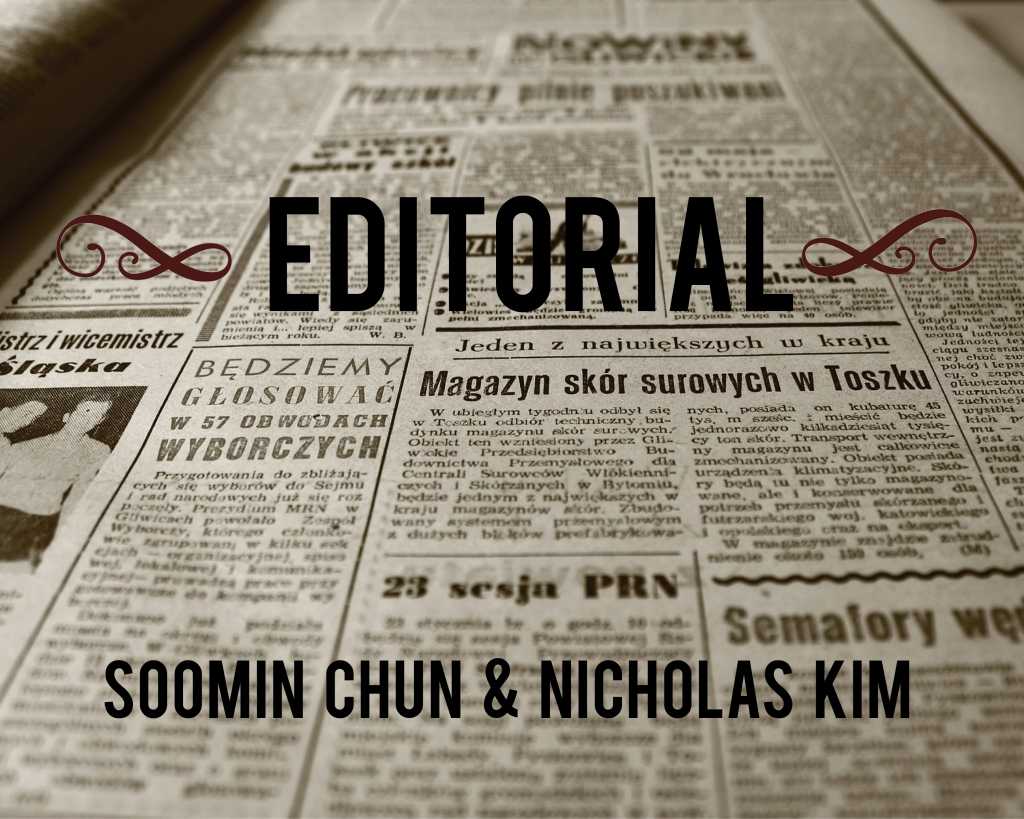Among the Class of 2017, all but three of students will be entering US colleges and universities in the fall. many of these students lack the benefits of US citizenship. Indeed, over the past 60 years, Koreans and SIS students in general have enjoyed the shield of education and employment as a guarantee of a right to stay in the US. As a result of new policies coming out in the past political cycle, however, this expectation has become uncertain for many, with ramifications both for study and job opportunities.
Throughout the 2016 presidential campaign, then-candidate Donald Trump promised a return to the philosophy of “America First.” Key within these promises was the pledge to restrict foreign immigration that threatens to take away jobs for American citizens. And, as Mr. Trump took office this January, he has been making good on this promise. According to the New York Times, on April 18, Mr. Trump signed an executive order that called for multiple steps to reevaluate skilled immigration to the US. In particular, he called for a multi-agency report on changes necessary for the H-1B program, which allows for 85,000 foreign workers annually, the vast majority of whom are in the high-tech, industrial, medical, and science fields, a possible sign of future cutbacks in the number of H-1B visas issued.
Furthermore, the viewpoint that cutbacks are needed is one that is shared by the closest advisers to Mr. Trump himself, reflecting that this re-shift in immigration policy is not restricted to the chief executive, but applies to many in the upper echelons of government as well. When Mr. Trump famously told his White House Chief Strategist, Steve Bannon, that the US has to “keep our talented people in this country,” Bannon disagreed. In fact, Bannon cited a disproven statistic that “two-thirds” of Silicon Valley CEOs were from Asia, and argued further that, “A country is more than an economy. We’re a civic society.” By claiming that the influx of Asian CEOs threatens the American civic society, Bannon seems to implicitly suggest that immigration of Asians specifically threatens the very identity of the United States. Such a viewpoint is dangerously misguided, especially at a time in which attraction of foreign talent and capital is imperative.
Granted, the H-1B visa has a well-documented history of being abused in the past. In particular, US companies have gamed the system to hire cheaper labor at the cost of American jobs. Any US president should oppose this. What the government should avoid, however, is a kneejerk reaction that blindly limits all immigrants who might look in the H1-B visa for new opportunities, such as hardworking students who end up getting the short end of the stick because of a few domestic companies that did not play by the rules.
This is not to say that students from foreign nations, such as those from SIS, get a free pass. Some government officials believe students from foreign nations will come to the US, study, “use up” educational resources, then head back to their home country packing away the resources the US invested in them. However, the US is not simply a collection of prestigious colleges, but a path to a new lifestyle–America has always been and still is the land of new opportunities. Just like how the rich culture of America comes, for the most part, from its history of immigration, foreigners should feel at home in America because they are the ones who add to its culture and to the growing workforce. Just like how colleges strive to admit students of different nationalities to offer a diverse educational experience with varying viewpoints, as a nation, the US should strive to do the same. Taking this into account, when modifications to the current program are made, they should clearly distinguish between companies that seek to hire unique foreign talent, and companies that seek to exploit the cheap labor of abroad.
Although some of us have US citizenships, many of us do not, and being without a citizenship is certainly not the end of the world. That said, many students tend to have tunnel-vision in only looking at colleges in the US, with the occasional Korean or British university. In an increasingly globally connected era, students should become aware of opportunities in other countries as well. While the US certainly has a collection of prestigious universities for any student’s taste, there is a buffet right next door.

